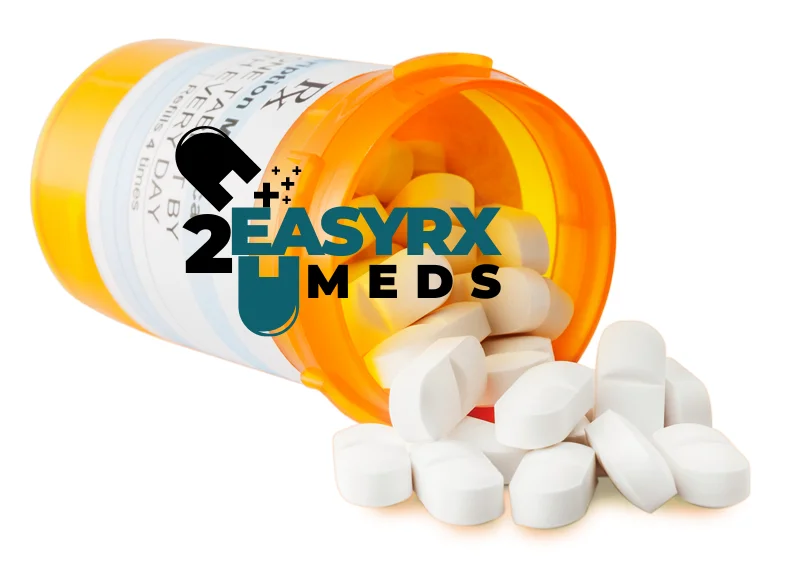There is no item in your cart
What do you know about Vyvanse:
Vyvanse vs Adderall (generic name: lisdexamfetamine dimesylate) is a prescription medication used primarily to treat Attention Deficit Hyperactivity Disorder (ADHD) andBinge Eating Disorder (BED).
1. Mechanism of Action:
- Vyvanse vs Adderall is a prodrug, meaning it remains inactive until it is metabolized in the body.
2. Uses:
- ADHD: Vyvanse vs Adderall helps increase attention, decrease impulsivity, and improve focus in children and adults with ADHD.
- Binge Eating Disorder (BED): It is also approved to treat moderate to severe binge eating disorder in adults by reducing the number of binge-eating episodes.
4. Side Effects:
Common side effects include:
- Decreased appetite (which can lead to weight loss)
- Insomnia (difficulty sleeping)
- Increased heart rate or blood pressure
- Anxiety or nervousness
- Dry mouth
Serious side effects can include:
- Cardiovascular issues (e.g., heart problems, sudden death in patients with heart conditions)
- Mental health issues (e.g., mood swings, aggression, or psychosis)
- Risk of misuse, addiction, or dependence, since it is a Schedule II controlled substance.
5. Contraindications:
Vyvanse should not be taken by people who:
- Have heart problems or severe hypertension.
- Have a history of drug abuse.
- Are on or have recently used Monoamine Oxidase Inhibitors (MAOIs), a type of antidepressant.
6. Comparison to Other Stimulants:
Compared to Adderall or Ritalin (other ADHD medications), this is unique due to its prodrug nature. It has a smoother onset and longer duration of action with fewer fluctuations in effect which may reduce the likelihood of abuse.
7. Potential for Abuse:
Although it has a lower potential for abuse than immediate-release amphetamines due to its slow onset, Vyvanse vs Adderall still carries a risk of dependence and abuse, especially for people with a history of substance abuse.



Reviews
There are no reviews yet.